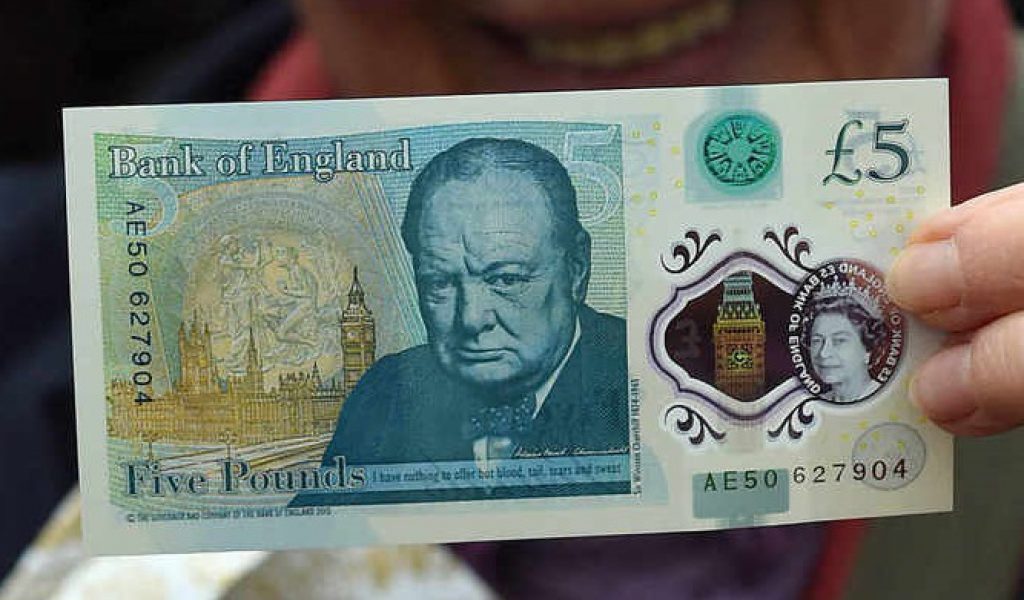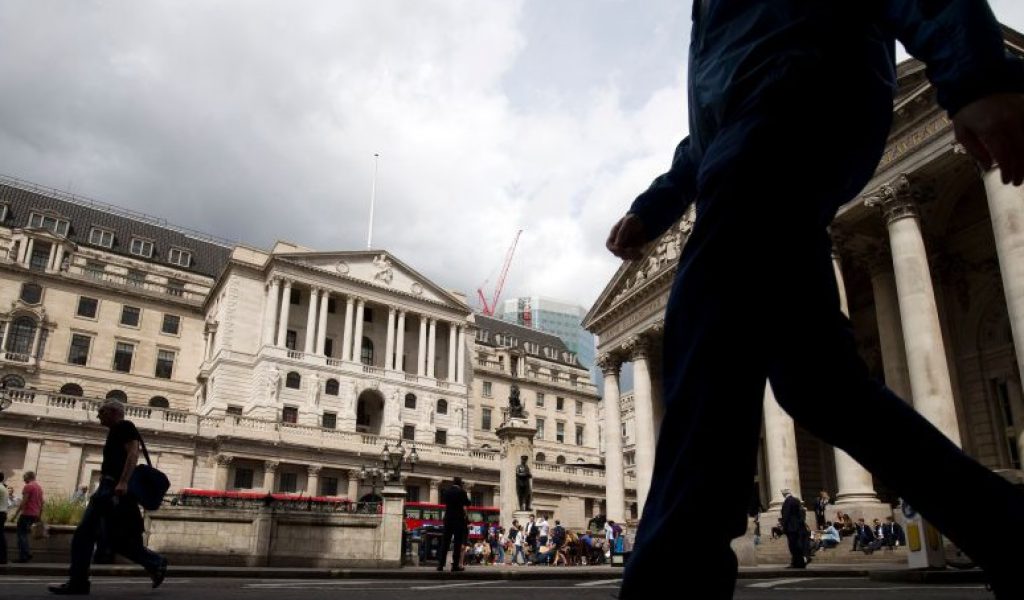Hard Brexit may cost £66 bn per year
Brexit could cost the government up to £66 billion a year in lost tax revenue, a draft cabinet committee paper seen by The Times. The document contains a warning that leaving the single market and switching to World Trade Organisation rules would cause GDP to fall anywhere between 5.4% and 9.5% within 15 years and it is based on a controversial treasury report published in April, which critics had dismissed as scaremongering by the treasury, the newspaper said.









